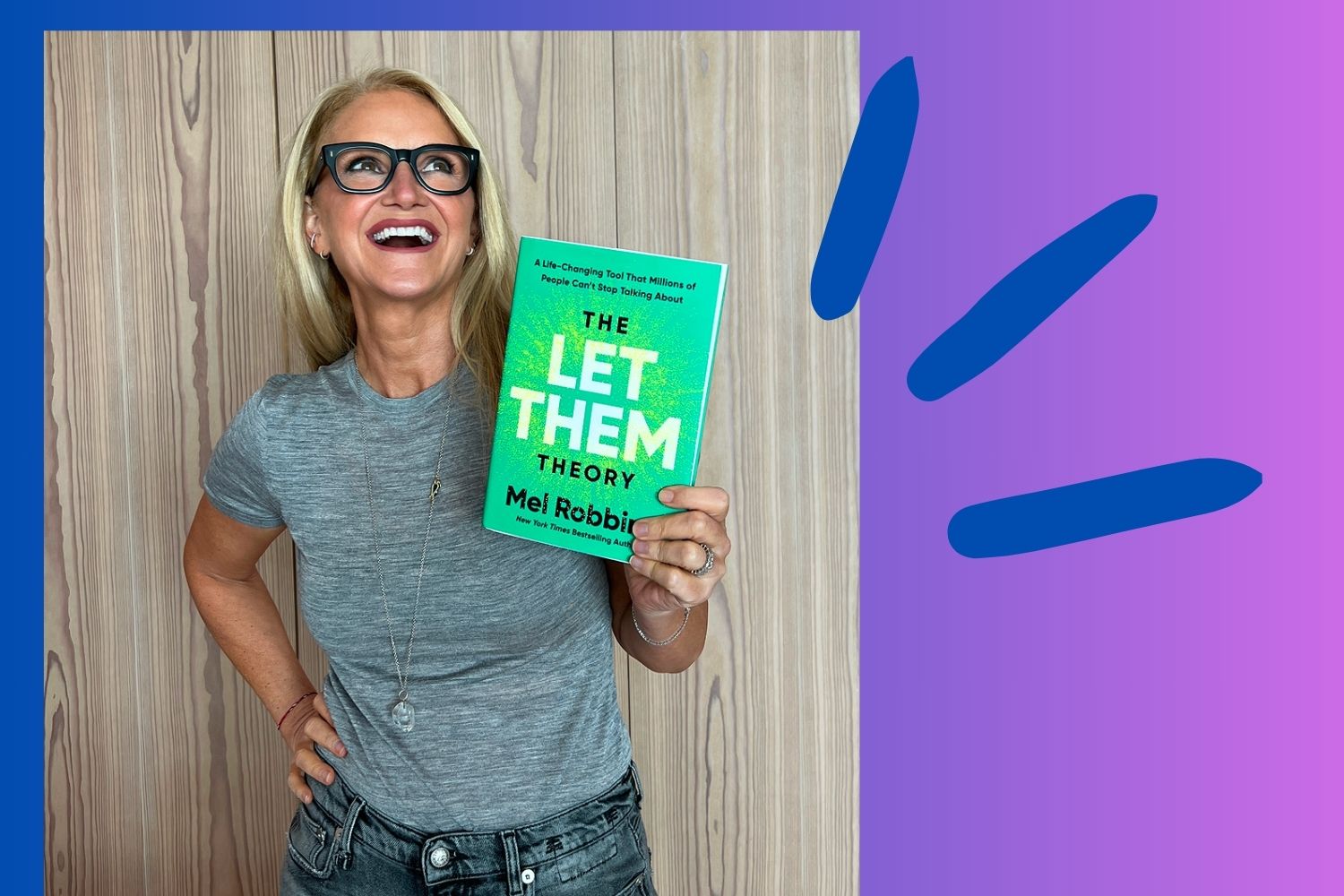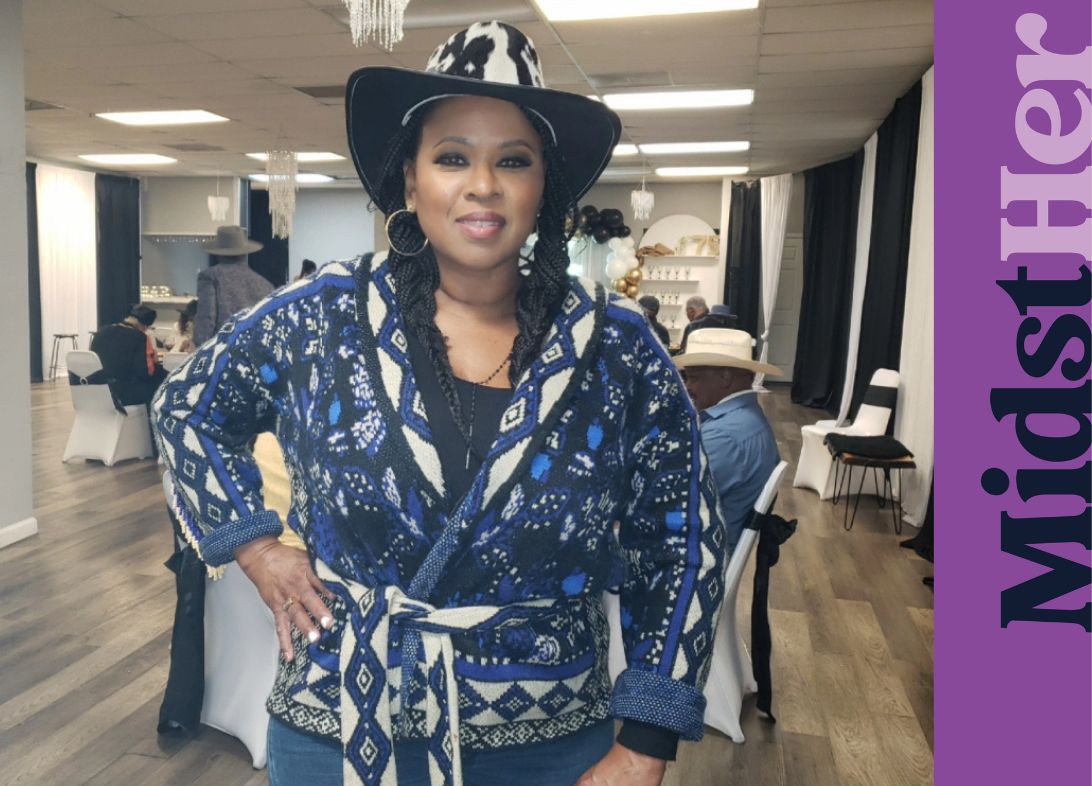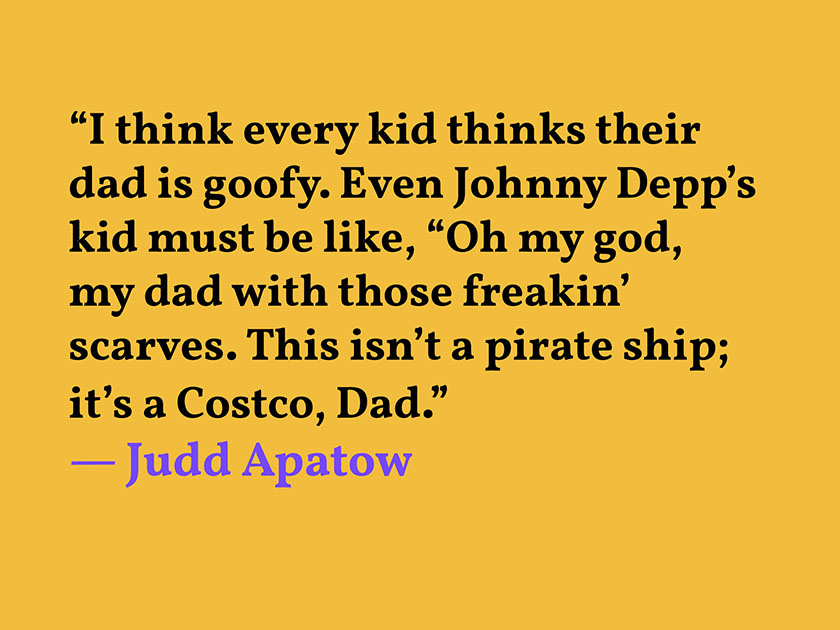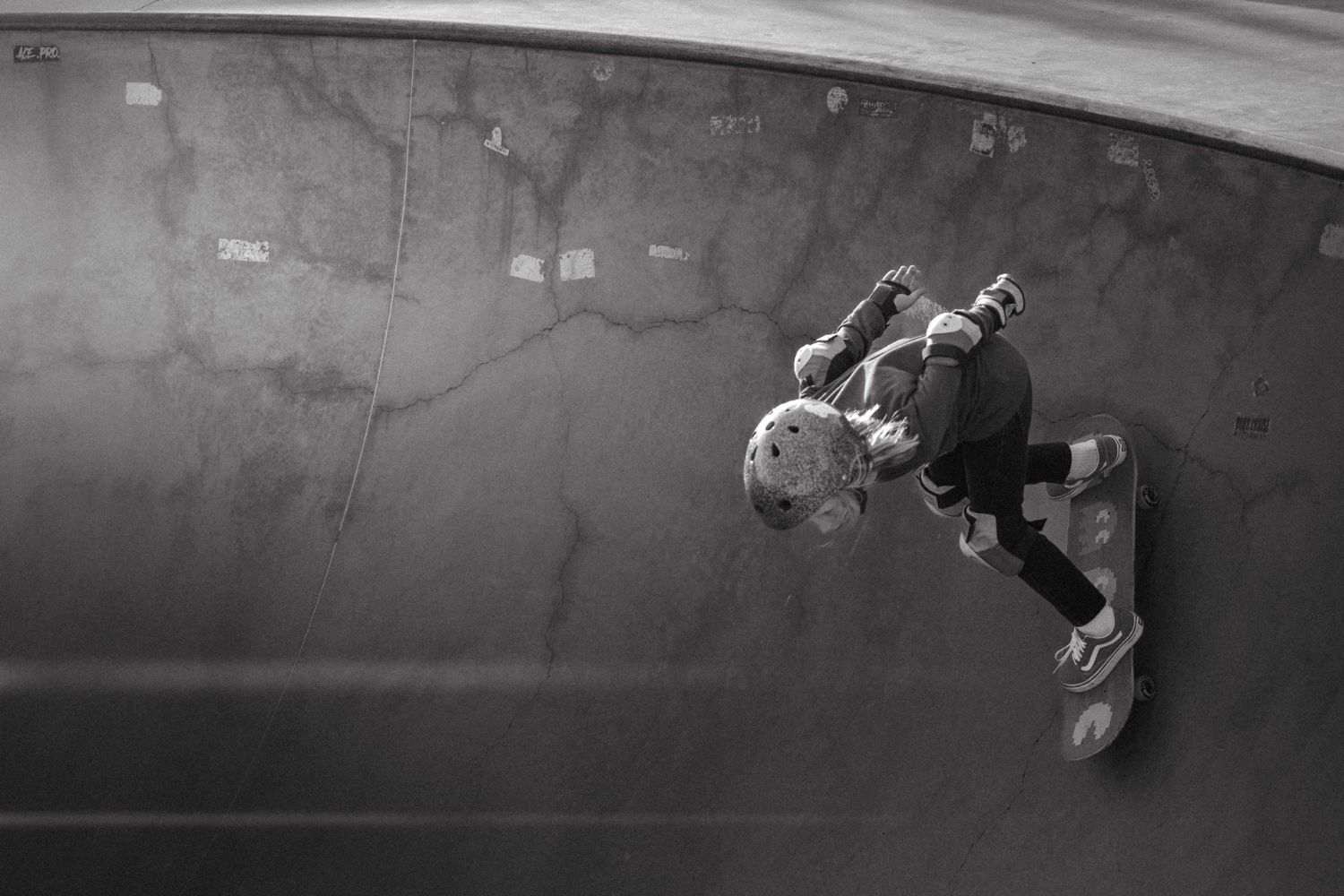
How embracing midlife helps me build my 6-year-old daughter’s confidence
I woke in the darkness and fumbled to find my phone, tapping it so the screen would light up. 3:15 am. Exhausted, I rolled over, feeling my T-shirt stick to my back, dripping in sweat. I pulled on a dry shirt and shimmied back into bed, avoiding the damp spots, hoping to get a few more hours of sleep but knowing it’s futile.
When my 6-year-old daughter comes bounding into the room at 6 am, she immediately notices things aren’t as she left them last night. “Mom, why are you wearing a different shirt?”
She’s just as observant and inquisitive as I was at that age.
At that moment, I realized that I had a choice. I could blow off her questions like most of mine were back then, or I could slow down and tell her the truth about what was happening to my 40-something body.
“Well, sweetie, this is called perimenopause….” She scrunched up her nose and very quickly changed the subject, asking what was for breakfast. I chuckled at how much I had built that conversation up in my mind just for her to shrug and move on to picking out her favorite cereal.
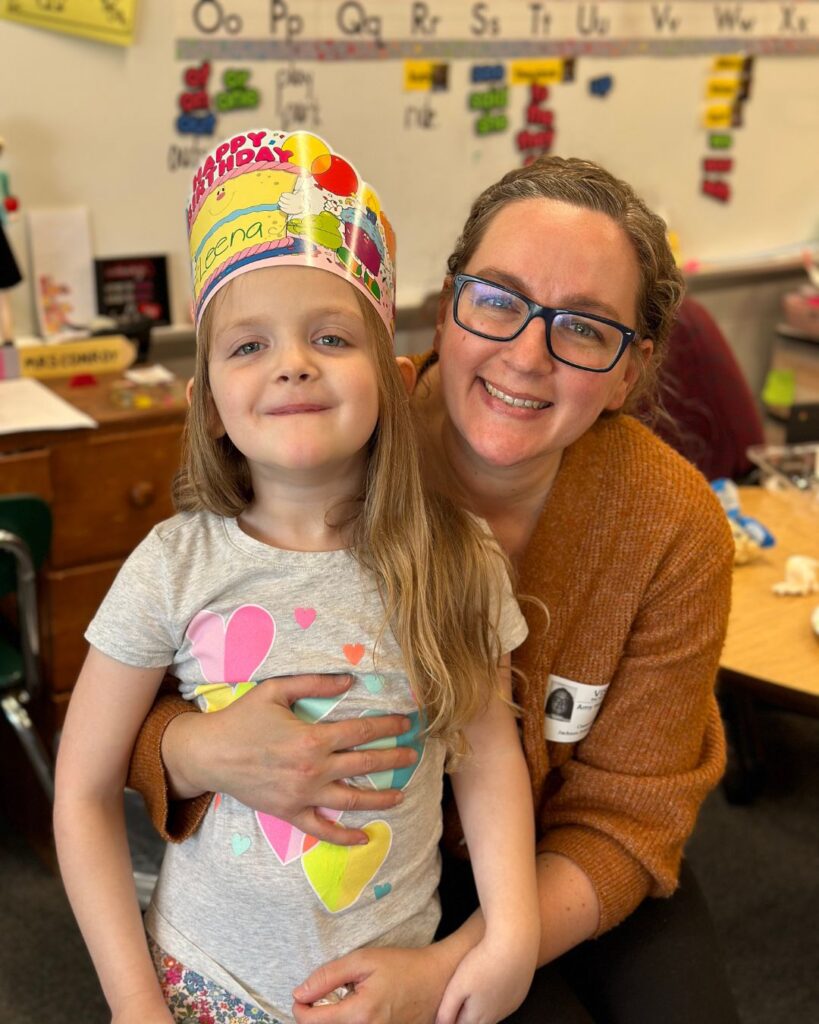
Our bodies, ourselves … and our kids’ early childhood development
It’s not lost on me that I’m currently navigating the big life change of perimenopause just a few years before Hurricane Puberty ravages our household. How I move through my own transition matters. I have a chance to show my daughter what it looks like to embrace womanhood, to take up space, and to take damn good care of myself because I am worthy of that.
Jo Fiddy (MIBCC), a certified Menopause Coach, says that girls absorb the way their moms talk about food, aging, weight, and self-care. “A strong maternal relationship can absolutely play a key role in helping young girls develop a positive self-image. When a mother models self-acceptance, speaks kindly about her own body, and encourages her daughter to appreciate hers beyond appearance, it lays the foundation for a healthier sense of self.”
One way Fiddy does this is by playing a game with her daughter, she says, naming the parts of our bodies and why we love them. “My daughter says she loves her legs because they help her run fast, and I tell her I love my belly because it made two babies. By focusing on gratitude over aesthetics, I hope to lay a strong foundation for her to appreciate her body for what it does, not just how it looks.”
Show and tell
How I show up in challenging times gives my daughter an example to follow. But equally as important is how I talk about those challenging times and changes. Opening the lines of communication can have a profound effect on her — and truly, on me, too! I don’t want her to be blindsided by all the changes because they seem foreign to her and were too taboo to talk about in our household.
Jo Fiddy encourages parents to have open, healthy conversations about the peri/menopause phase of life just as we do with periods and pregnancy. “By embracing this transition with confidence, self-care, and curiosity, we not only rewrite the narrative for ourselves but also for the next generation,” Fiddy says.
As most young kids are, my daughter is incredibly inquisitive. Now is a great time to lean into that and let the questions fly.
“Mom, why do you work out?”
I recently read a statistic from National Organization for Women that says 40-60% of elementary school girls are concerned about their weight or about becoming “too fat.” My 6-year-old is already acutely aware of how much physical space she takes up and how other people perceive her body. She hates when we talk about her growing out of her clothes, even though it’s a natural part of childhood.
The data also tells us how much it can help young girls build body acceptance to have strong maternal relationships. Kate Higgins, a licensed therapist and coach for women in midlife, says that when she was a little girl, she thought her mother was so beautiful, but her outward self-criticism and self-rejection felt like a rejection of Kate as well. “My mother’s self-criticism became MY self criticism and I wish I had more memories of my mom being carefree and in the moment and less memories of her worrying about her weight, denying herself birthday cakes and criticizing her body and the bodies of other women.”
So when my daughter asks, “Mom, why do you work out so much?” I am not going to respond by saying, “I’m really concerned about my meno belly and want to make sure I’m not getting too big in my old age.” Which, to be fair, is not how I would expect anyone would respond — at least not directly. But when my daughter sees me scrolling reels about losing weight in your 40s and how to eat for weight loss in midlife (because apparently that’s what the algorithm thinks I need to see right now), that is exactly the message I am sending her, intentionally or not.
To that end, being mindful about the content I am consuming helps both of us. I don’t want her to start watching videos about weight loss the second her body starts to change. And I don’t want that to be the message I’m sending to myself either.
“Mom, how old are you?”
There’s a particular sass that comes with this question that can push you back on your heels if you aren’t ready for it. The first time my daughter asked me how old I was and I told her I was 41, her response was, “Is that OLD?” She was already grappling with the concept of age and looking for that elusive line between youth and elder.
There’s this underlying storyline in our society that youth equals beauty, which ultimately equates to your exact value in this life.
Angie Maguire, RN, says “body confidence is built and often stabilized in the home. A common breakdown between mothers and daughters is around the mother’s experiences with weight and body image and how she feels about herself.”
When women get to a certain age, we desperately try to hold onto our youth with every ounce of strength we can. We lie about our age, pay exorbitant amounts of money on serums to keep our skin tight, and long for the days of yore.
But I want my daughter to hear me saying loud and clear to f*&k that noise.
In my 40s, I have found a profound sense of confidence that I didn’t have before. I am more grounded in who I am, what I believe, and what I want. I have learned so much over the course of my life and have grown to appreciate all the many variations of me.
That’s why I love this sentiment from Kate Higgins about modeling a sense of safety in their bodies:
“When perimenopause hits, we often feel like our bodies have somehow “gotten out of control” and we wrestle with a sense that something has to be “fixed”. What if we told our daughters overtly and covertly that it was safe to change instead ? We’d feel so much less anxious and fearful about puberty, pregnancy, menopause, and aging if we met each stage with a sense of excitement (or at least acceptance !) instead of a sense of dread or fear.”
I want my daughter to know that every transition in life is the opportunity to grow more fully into yourself.
“Mom, are you having a hard day?”
One thing I strive to be very transparent about in my household is mental health. The narrative about women and girls being moody, emotional, and generally out of control lacks a fundamental understanding of human development. It’s naive and demeaning and, god help me, I will not allow it to derail my daughter (or my son, for that matter).
So when I was huffing and puffing around the house and indulging in a rather ugly mood one day, my daughter didn’t even think twice before asking, “Mom, are you having a hard day?”
She asked it with utmost compassion and empathy because she …
Read more and join the conversation here on The Midst Substack.
This story was originally published here on The Midst Substack.

